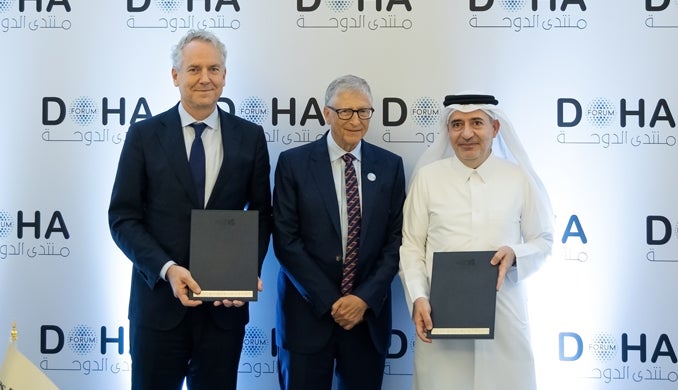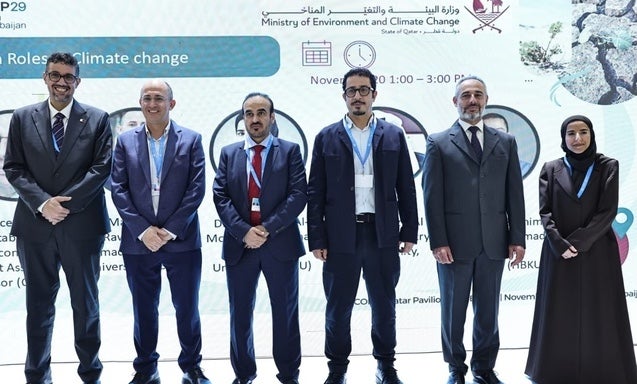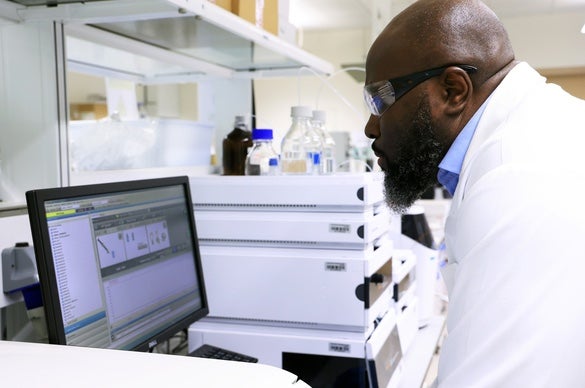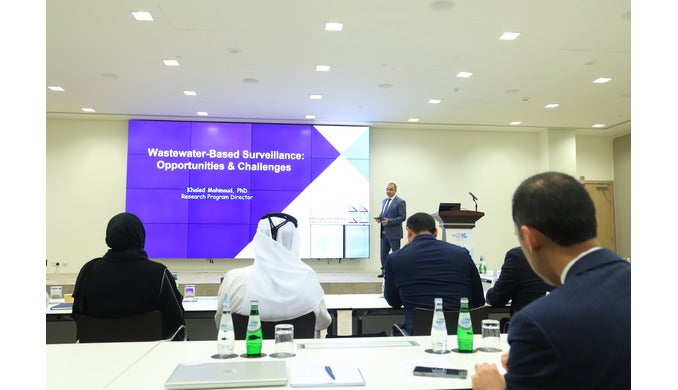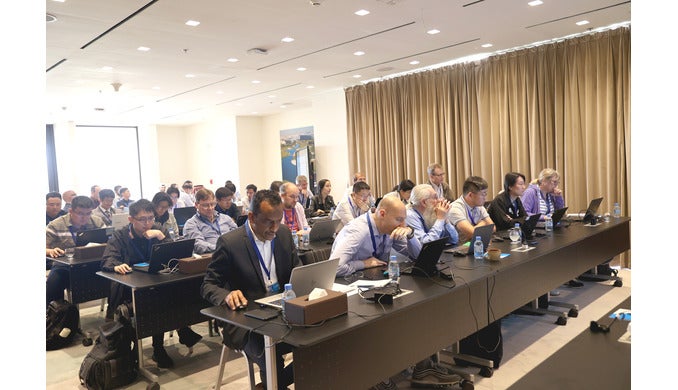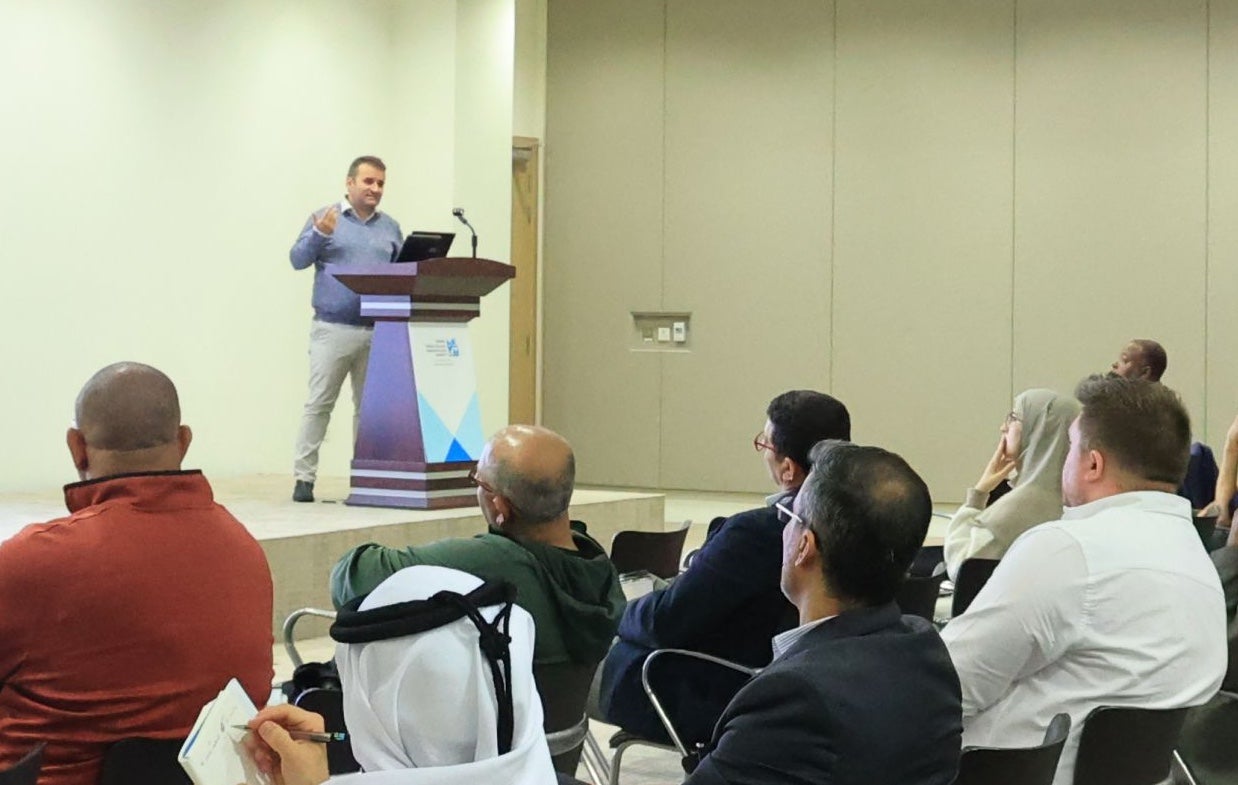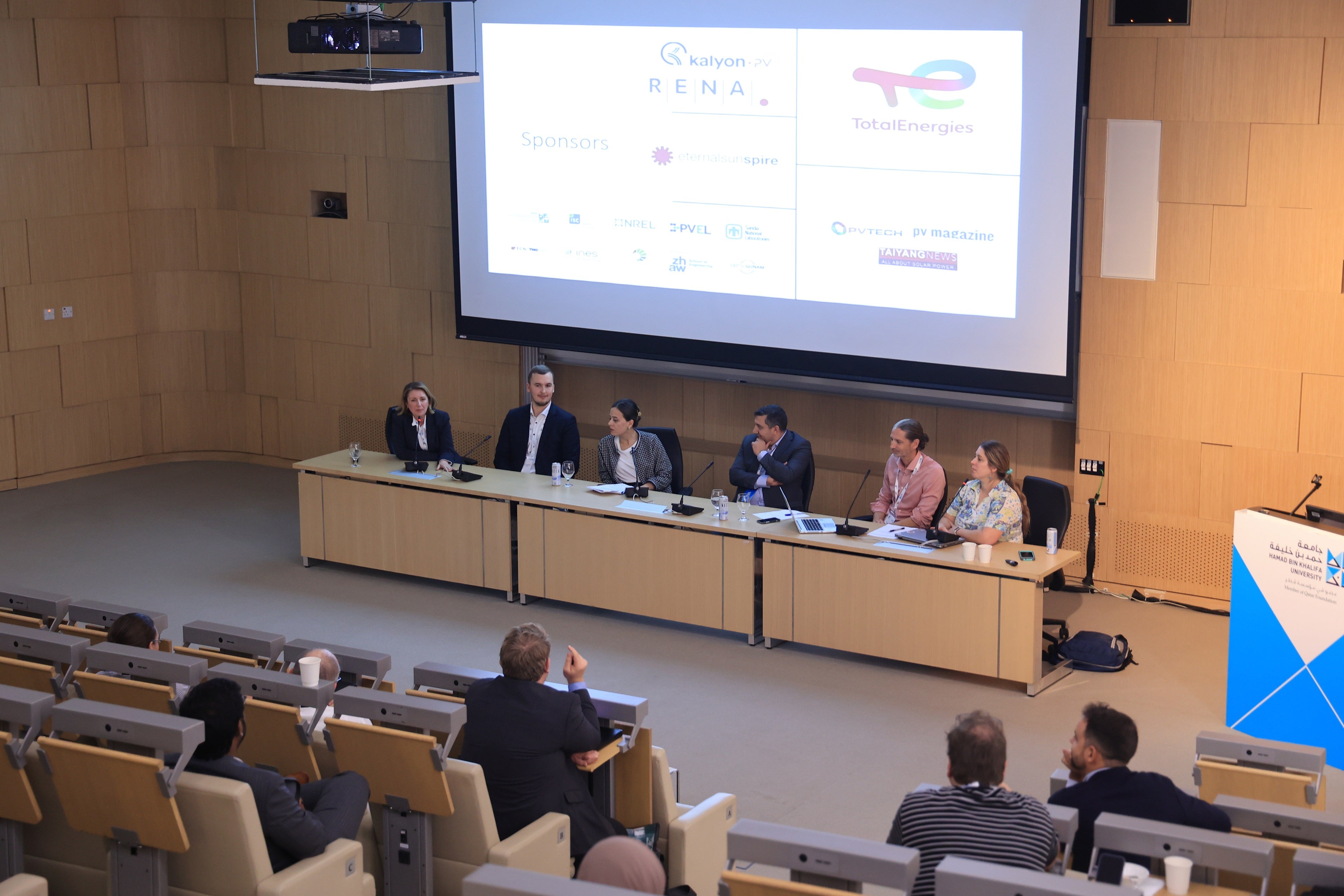HBKU’s QEERI convenes annual Technical Steering Committee and connects industry with research community.
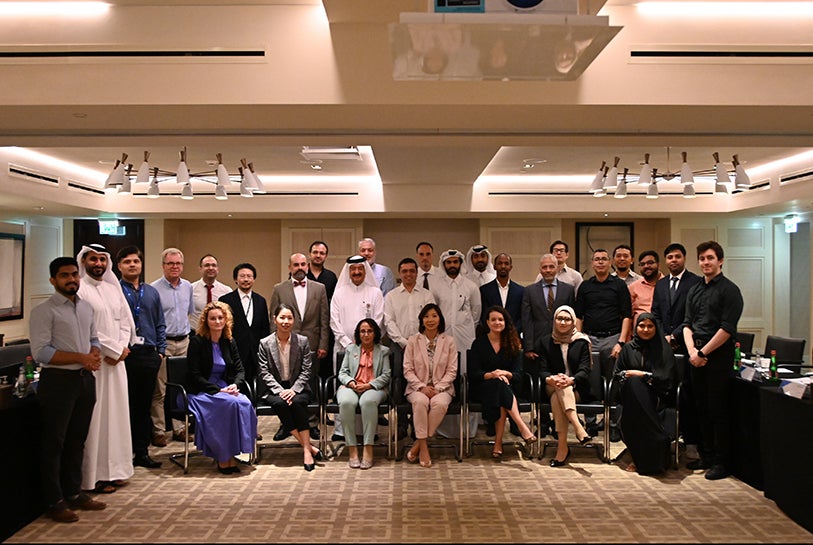
With a focus on aligning its innovative research and development on the needs of industry, Qatar Environment and Energy Research Institute (QEERI), part of Hamad Bin Khalifa University (HBKU), recently convened the annual Technical Steering Committee meeting for its Corrosion Center.
The meeting brought together more than 35 attendees, among them corrosion and materials engineering experts from the oil and gas industry, ministries in Qatar, and international experts, including corrosion researchers from Curtin University. It was agreed that corrosion continues to remain a key issue facing companies operating in Qatar, with the conditions present being some of the harshest and aggressive environments encountered globally.
The Technical Steering Committee meeting is an integral part of determining the guiding strategy for the programs at QEERI’s Corrosion Center. The meeting was an opportunity for QEERI to present current programs and projects to industry members for feedback and comments to ensure they are in line with the needs of Qatar’s industries. The Corrosion Center’s core in-house programs include pipeline integrity management, corrosion inhibitors qualification and monitoring, material for hydrogen energy, stress corrosion cracking, and reinforced concrete corrosion. It also has joint projects with Curtin Corrosion Center as part of the QEERI-Curtin Corrosion Center alliance. These projects focus on corrosion under insulation (CUI), microbiological-induced corrosion (MIC), acid gas corrosion, and coating degradation, among other areas.
“The Technical Steering Committee is crucial to our operations at the QEERI Corrosion Center,” said Dr. Hanan Farhat, Senior Research Director of the center. “Every project we conduct has an industrial partner and an industrial challenge that needs to be resolved. We believe that our work has to be relevant and meet industry needs. This is why we conduct our tests either in field conditions or in simulated field conditions to better represent the environment that contributes to material corrosion. The Technical Steering Committee evaluates our projects and their relevance to the industry to make sure that our research results are useful and the solutions we provide can be applied in industrial facilities. Today, we have a room full of industry experts who spent the day looking into our projects and providing recommendations to make sure the outcome of these research, development, and innovative projects are beneficial to Qatar’s industry. This industry commitment to engage with us is very valuable to our operation and is what keeps us going.”
Mr. Yousef Al-Jaber, Vice President of Innovation and Change Management at TotalEnergies, who attended the meeting, said: “QEERI’s Corrosion Center provides a unique opportunity for the energy sector to work with world-class researchers on topics that are crucial for our operations. In the field of corrosion, understanding the local ecosystem is key to finding the most suitable solutions. The Corrosion Center has been very successful in establishing strong ties with the local industry and breaking the barriers between the research community and industry. This is very much needed in Qatar.”
It not only allowed for connection and networking opportunities between the Corrosion Center and industry but ensured the center’s programs remain relevant to industry needs, according to Dr. Marc Vermeersch, QEERI Executive Director.
Commenting at the conclusion of the Technical Steering Committee meeting, he said: “The meeting provided direct insight and discussion between oil and gas companies that operate in Qatar and across all aspects of the operations spectrum, from upstream producers to downstream refining. It has enabled knowledge transfer about new test methods, materials, or environmental conditions currently being faced. In turn, this has allowed direct input from industry for the Corrosion Center to tailor programs for specific needs and also helped industry partners to understand the full extent of the projects, facilities, and resources offered. This initiative maintains the focus and objective of the Corrosion Center, to provide projects driven by industry demand and opens the possibility for future collaborations.”
For more information on the programs and research initiatives at Qatar Environment and Energy Research Institute, please visit qeeri.hbku.edu.qa




